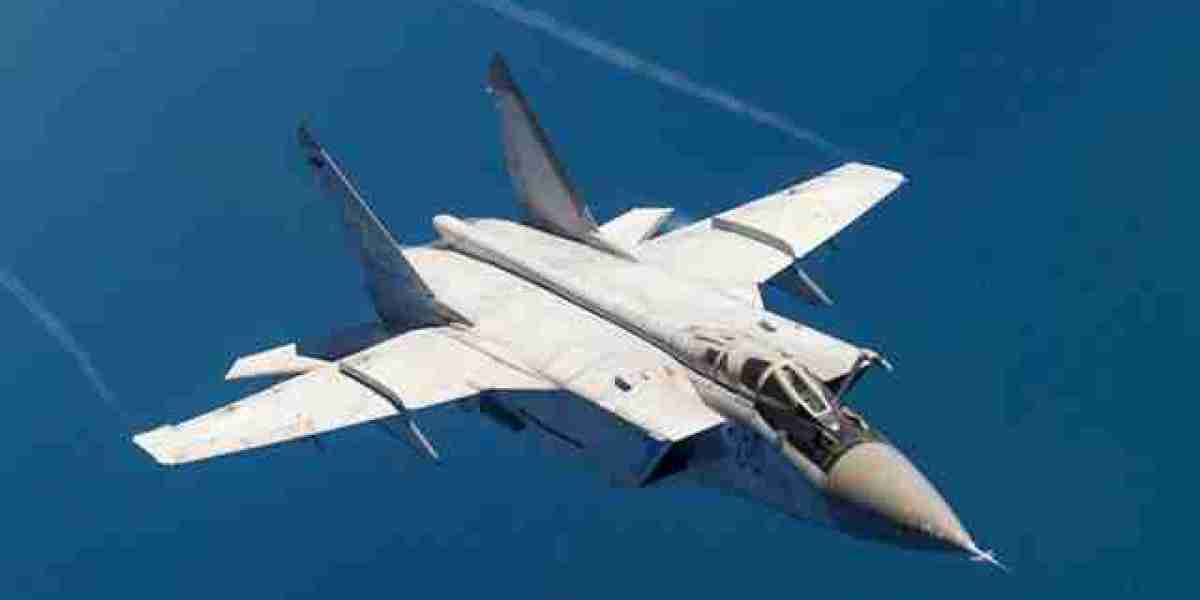Kazakhstan, which is upgrading its air fleet, auctioned off 117 Soviet-era fighter and bomber aircraft, including MiG-31 interceptors, MiG-27 fighter bombers, MiG-29 fighters, and Su-24 bombers from the 1970s and 1980s.
The Kyiv Post reported that the declared sale value was one billion Kazakhstani tenge, or $2.26 million, equalling an average value for each plane of $19,300.
The outlet cited reports from the Ukrainian Telegram channel Insider UA and the Russian news site Reporter saying the US purchased 81 of the aged, unusable warplanes.
The Kyiv Post reported that the motive behind the US purchase remained undisclosed but that the aircraft could be used in Ukraine, where similar aircraft are in service.
The Russian site Reporter said the sale was made through offshore companies.
But Kazspetsexport, Kazakhstan's state-owned weapons importer and exporter, denied selling military airplanes to Ukraine in a statement, saying that foreign companies were not allowed to bid.
The Pentagon didn't immediately respond to a request for comment from Business Insider.
Given Ukraine's continued reliance on Soviet-era weapons, the aircraft could either serve as a source of spare parts or be strategically deployed as decoys at airfields, the Kyiv Post reported.
The Mikoyan MiG-31 is a supersonic interceptor that was designed to defend Soviet airspace, according to Airforce Technology. It played a critical role during the Cold War.
Derived from the MiG-23, the MiG-27 was a ground-attack aircraft and saw action in conflicts such as the Soviet-Afghan War. The MiG-29 excelled in air-to-air combat. It was widely exported and remains in service with some air forces.
Despite its age, the Su-24 — an all-weather tactical bomber — remains in service with several air forces, including the Russian Aerospace Forces and Ukrainian Air Force.
Kazakhstan, formerly part of the Soviet Union, has maintained close ties to Russia and historically was one of its strongest allies. But the relationship has shifted since Russia invaded Ukraine, with Kazakhstan aligning itself more with the West, drawing the fury of some in Russia.
The Kyiv Post reported that the Central Asian country's efforts to upgrade its military capabilities seemed to coincide with its increasing engagement with Western nations, signaling a shift away from historical ties with Moscow.
Antony Blinken, the US secretary of state, visited Kazakhstan in February 2023, where he said that the US strongly supported "its independence, its territorial integrity," according to Agence France-Presse.
Some of Russia's outspoken propagandists have suggested that Russia should look to Kazakhstan following its invasion of Ukraine.
One Russian TV commentator, Vladimir Solovyov, said his country "must pay attention to the fact that Kazakhstan is the next problem because the same Nazi processes can start there as in Ukraine."
Agreements on trade, education, environment, and mineral supplies reflect the deepening ties between Kazakhstan and Western nations as it navigates geopolitical challenges posed by neighboring countries such as Russia, China, Afghanistan, and Iran.
Correction: April 28, 2024— An earlier version of this story misstated the currency conversion rate of the Kazakhstani tenge to the dollar. One billion tenge is worth $2.26 million, not $1.5 million.


